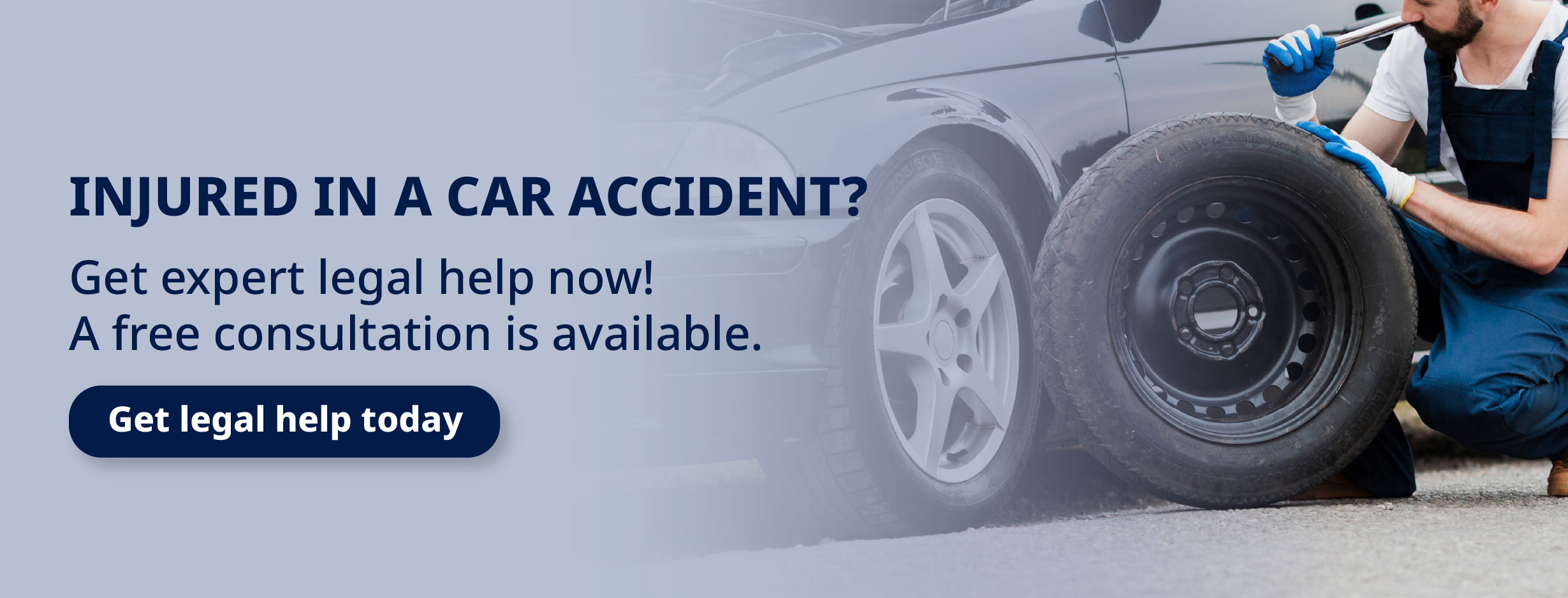
A car accident can change your life in an instant, leaving you with serious injuries, mounting medical bills, and uncertainty about your future. If you or a loved one has been injured in a crash caused by someone else’s negligence, you deserve skilled legal representation to protect your rights and secure the compensation you need.
At Flickinger Boulton Robson Weeks, our experienced Utah car accident lawyers are dedicated to helping accident victims navigate the complex legal process, negotiate with insurance companies, and fight for maximum recovery. Whether your case involves minor injuries or catastrophic harm, we are here to provide aggressive advocacy and personalized support every step of the way.
Contact us today to learn how a Utah car accident lawyer can help you get back on the road to recovery.
Car accidents are unfortunate on Utah’s roads, impacting thousands of residents annually. Understanding the statistics and common causes of these accidents can help drivers adopt safer practices and reduce the likelihood of collisions. If you are involved in a car accident, consulting a Utah Car Accident Lawyer can ensure that your rights are protected and that you receive the compensation you deserve.
In 2021, Utah experienced 61,406 car accidents, averaging approximately 168 crashes per day. Of these incidents, around 30% resulted in injuries, highlighting the significant impact on public health and safety.
The state has also seen fluctuations in traffic fatalities over recent years:
Notably, 2021 marked an increase in fatalities compared to previous years.
In 2023, there were 64,817 car accidents in Utah, resulting in 26,329 injuries and 278 fatalities.
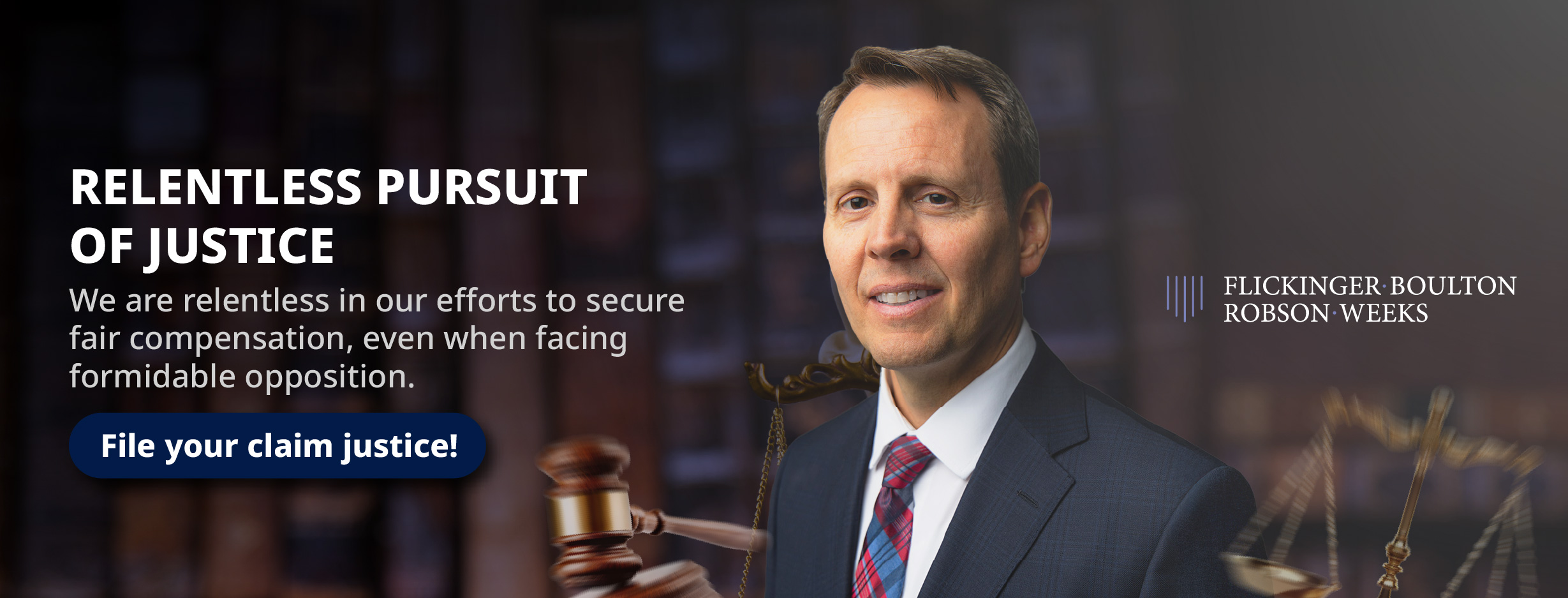
Several factors contribute to car accidents in Utah. Speeding is a leading cause, implicated in 38% of fatal crashes. Other common causes of car accidents in Utah include:
Understanding these causes is crucial for implementing effective prevention strategies.
If you have been injured due to any of these factors, a Utah car accident lawyer can help determine liability and seek compensation on your behalf.
Accidents in Utah are more prevalent during certain times and locations:
Certain demographics are disproportionately involved in car accidents:
Car accidents remain a huge concern in Utah, with various factors influencing their frequency and severity. By understanding these statistics and the common causes, drivers can take proactive steps to enhance road safety, benefiting all who travel throughout the state.
Car accidents occur for a variety of reasons, many of which stem from driver error, environmental conditions, and mechanical failures. Understanding these causes can help drivers take preventative measures and reduce the likelihood of collisions. Below are some of the most common factors contributing to car accidents in Utah and across the country.
If you’ve been injured in a car accident, consulting a Utah Car Accident Lawyer can help you navigate the legal process and pursue the compensation you deserve.
One of the leading causes of car accidents is distracted driving, which occurs when a driver’s attention is diverted from the road. With the rise of smartphones and in-car technology, distractions have become more prevalent than ever. Common distractions include:
Even a momentary lapse in attention can lead to devastating consequences, making it crucial for drivers to stay focused.
Exceeding the speed limit is a major factor in many accidents. Higher speeds reduce reaction time and increase the severity of collisions. Reckless driving, such as aggressive lane changes, tailgating, and ignoring traffic signals, also contributes to crashes. Drivers who fail to obey speed limits and traffic laws put themselves and others at risk.
Driving under the influence of alcohol or drugs significantly impairs a driver’s ability to operate a vehicle safely. Impaired drivers have slower reaction times, poor judgment, and reduced motor coordination, making them more likely to cause serious accidents. Despite strict DUI laws in Utah, impaired driving remains a major cause of crashes and fatalities.
Fatigue can be just as dangerous as driving under the influence. Drowsy drivers experience slower reaction times, impaired judgment, and even moments of microsleep, where they lose consciousness for a few seconds. Long-distance truck drivers, night-shift workers, and individuals with sleep disorders are particularly at risk of drowsy-driving accidents.
Utah experiences a range of weather conditions that can make driving hazardous. Snow, ice, rain, and fog reduce visibility and create slippery roads, increasing the likelihood of accidents. Drivers who fail to adjust their speed or maintain proper following distances in poor weather conditions are more likely to lose control of their vehicles.
Ignoring traffic signals and stop signs is a common cause of serious accidents, particularly T-bone collisions at intersections. Drivers who speed through red lights or fail to stop at stop signs put other motorists and pedestrians in danger.
In some cases, accidents are caused by mechanical failures, such as:
Regular vehicle maintenance can help prevent these issues and ensure the car is in safe working condition.
Many car accidents are preventable with responsible driving habits and proper vehicle maintenance. Understanding the most common causes, such as distracted driving, speeding, impaired driving, and poor weather conditions, can help motorists make safer choices and reduce their risk on the road. If you are involved in an accident, a Utah Car Accident Lawyer can assist you in seeking compensation and holding negligent parties accountable.
If you’re involved in a car accident in Utah, it’s essential to understand the state’s laws regarding liability, insurance, and compensation. Knowing your rights and responsibilities can help protect you and ensure you receive fair compensation for any injuries or damages.
Below are key aspects of Utah car accident laws that every driver should be aware of.
Utah follows a no-fault insurance system, which means that after an accident, each driver’s own insurance policy covers their medical expenses and lost wages, regardless of who caused the crash. This is done through Personal Injury Protection (PIP) coverage. However, if the injuries are severe or the damages exceed the PIP coverage limits, a Utah Car Accident Lawyer can help you explore other legal options for pursuing compensation.
Utah law requires drivers to carry at least $3,000 in PIP coverage to cover medical expenses.
Because of the no-fault system, you can only sue the at-fault driver if your medical expenses exceed $3,000 or if you suffer serious injuries, such as permanent disability or disfigurement.
Utah uses a modified comparative fault system to determine liability in car accidents. This means:
All drivers in Utah must carry minimum liability insurance to cover damages in case of an accident. The state’s minimum requirements include:
Failing to carry proper insurance can result in fines, license suspension, and other penalties.
Utah has a statute of limitations that sets deadlines for filing claims:
If you miss these deadlines, you may lose your right to pursue compensation.
Understanding Utah’s car accident laws is essential for protecting your rights after a crash. From no-fault insurance rules to comparative fault and time limits for filing claims, these laws impact how victims can seek compensation.
Consulting an experienced car accident attorney from Utah can help you navigate these legal complexities and ensure you don’t miss these deadlines and receive the compensation you deserve.
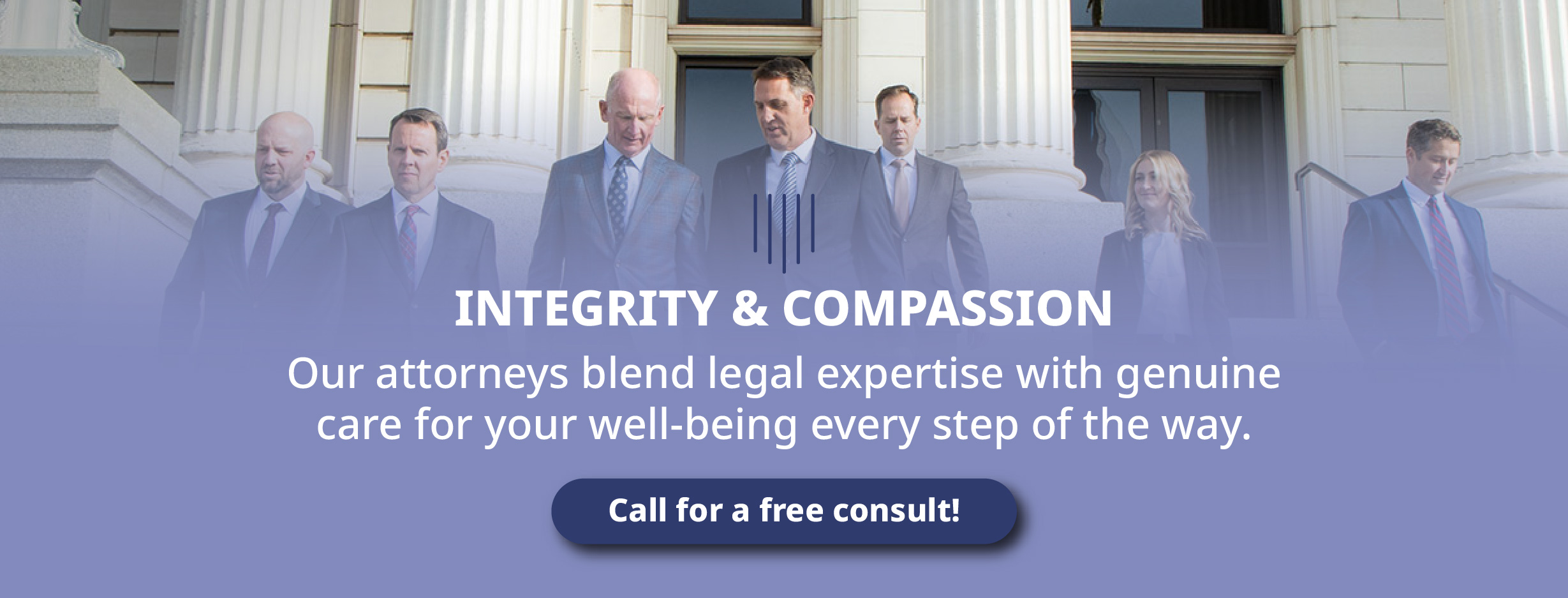
Establishing liability is a crucial step in any Utah car accident claim, as it determines who is responsible for damages and compensation. While Utah follows a no-fault insurance system, victims can pursue claims against the at-fault driver if their injuries exceed the Personal Injury Protection coverage threshold. To successfully prove liability, strong evidence and legal knowledge are essential. A Utah Car Accident Lawyer can help gather the necessary evidence, navigate the complexities of the law, and ensure that victims receive the compensation they deserve.
Utah follows a modified comparative fault rule, meaning a victim can recover damages as long as they are found less than 50% at fault for the accident. However, their compensation will be reduced by their percentage of fault.
For example, If you were awarded $10,000 in damages but found 20% at fault, you would receive $8,000 after the reduction. If you are 50% or more at fault, you are barred from recovering any compensation.
Gathering strong evidence is crucial to establishing fault in a car accident. The following types of evidence help support a claim:
Official reports contain details about the crash, witness statements, and any citations issued.
Pictures of vehicle damage, road conditions, traffic signals, and skid marks can help reconstruct the accident.
Testimony from bystanders, passengers, or other drivers can provide an unbiased account of what happened.
Video evidence from nearby security cameras or dashcams can prove the fault clearly.
Professionals may analyze crash data and provide professional opinions on how the accident occurred.
In most car accidents, liability is determined based on traffic laws, driver behavior, and negligence. Some key factors that help establish fault include:
Insurance companies often try to shift blame to reduce payouts. An experienced personal injury lawyer can:
Proving liability in a Utah car accident requires strong evidence, legal expertise, and a clear understanding of comparative fault rules.
By gathering detailed documentation and working with an experienced attorney, accident victims can maximize compensation and ensure the responsible party is held accountable. Consulting an experienced car accident lawyer from Utah can help protect your rights and strengthen your case if you’ve been injured in a car accident.
After a car accident, dealing with insurance companies can be one of the most frustrating and challenging aspects of the recovery process. While insurance providers are supposed to compensate victims for their losses, their primary goal is to minimize payouts and protect their bottom line.
Understanding how to navigate the claims process, handle insurance adjusters, and protect your rights can make a significant difference in securing fair compensation.
One of the first steps after an accident is reporting it to your insurance company. Most policies require policyholders to notify their insurer within a reasonable timeframe. When reporting the accident:
Even if another driver caused the accident, you may need to file a claim with your Personal Injury Protection coverage due to Utah’s no-fault insurance system.
If your injuries exceed Utah’s no-fault threshold ($3,000 in medical expenses or serious injuries), you may pursue a claim against the at-fault driver’s insurance company. However, their adjusters will likely attempt to minimize or deny your claim.
Common tactics used by insurance adjusters include:
When speaking with insurance adjusters, be cautious about what you say. Keep conversations brief and stick to the facts. Avoid:
Insurance companies typically try to settle claims quickly and for as little money as possible. Before accepting a settlement, consider:
Once you accept a settlement, you waive your right to seek additional compensation, even if new injuries or complications arise later. Consulting with a personal injury attorney before agreeing to a settlement can help ensure you receive fair compensation.
While some minor accidents may be resolved without legal help, hiring a lawyer is crucial if:
An attorney can negotiate with insurance companies, gather evidence to strengthen your claim, and, if necessary, take your case to court to fight for the compensation you deserve.
Dealing with insurance companies after a car accident can be difficult, especially when they prioritize minimizing payouts over fairly compensating victims.
By understanding their tactics, knowing what to say, and seeking legal representation when needed, you can protect your rights and improve your chances of receiving full compensation for your losses. If you’ve been injured in a car accident, consulting with an experienced attorney can help ensure you get the justice and financial recovery you deserve.
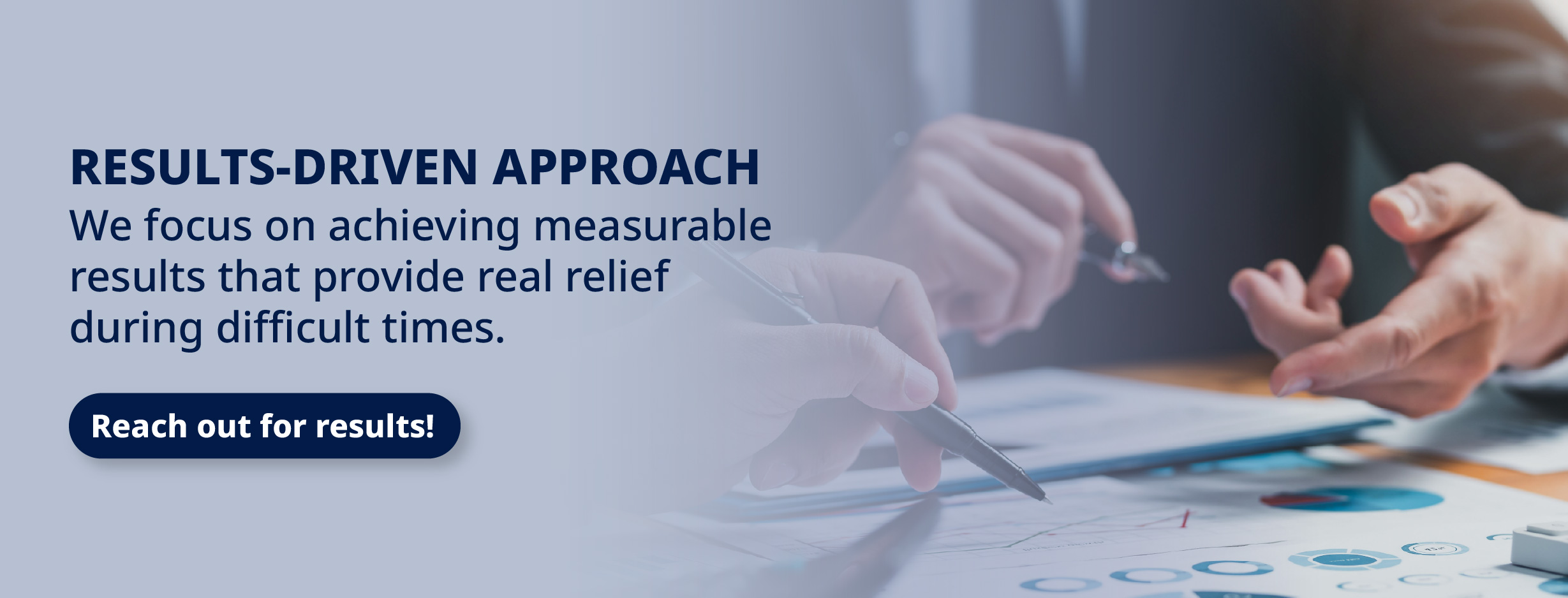
A car accident can be a traumatic and overwhelming experience, but taking the right steps immediately afterward can help protect your health, legal rights, and ability to recover compensation. Whether you are dealing with minor injuries or a serious crash, following these steps will ensure you handle the situation properly and strengthen your potential injury claim.
If you have been involved in a car accident in Utah, taking the following steps can help strengthen your case and protect your legal rights:
The first priority after any accident is safety. Check yourself and others for injuries. If anyone is seriously hurt, call 911 immediately and request emergency medical assistance.
Even if you feel fine, it’s important to seek medical attention, as some injuries, such as whiplash or internal trauma, may not show symptoms right away.
If the accident is minor and there are no severe injuries, move your vehicle to the side of the road or a safe area to avoid blocking traffic. However, if the crash is more serious or if there are injuries, stay put and wait for emergency responders.
Utah law requires drivers to report accidents that result in injuries, fatalities, or significant property damage. When the police arrive:
If law enforcement does not come to the scene, you should report the accident to the Utah Highway Patrol or local police department as soon as possible.
Gather contact and insurance details from all involved parties. Be sure to collect:
If there are witnesses, get their contact information as well, as their statements may help establish fault later.
Gathering evidence at the accident scene can strengthen your claim. Use your phone to:
The more evidence you collect, the better you can prove what happened if liability is disputed.
Report the accident to your insurance provider as soon as possible. Stick to the facts and avoid making statements that could be used against you, such as admitting fault or downplaying injuries. If the other driver’s insurance company contacts you, be cautious.
Do not agree to a recorded statement or accept an early settlement offer without consulting a lawyer.
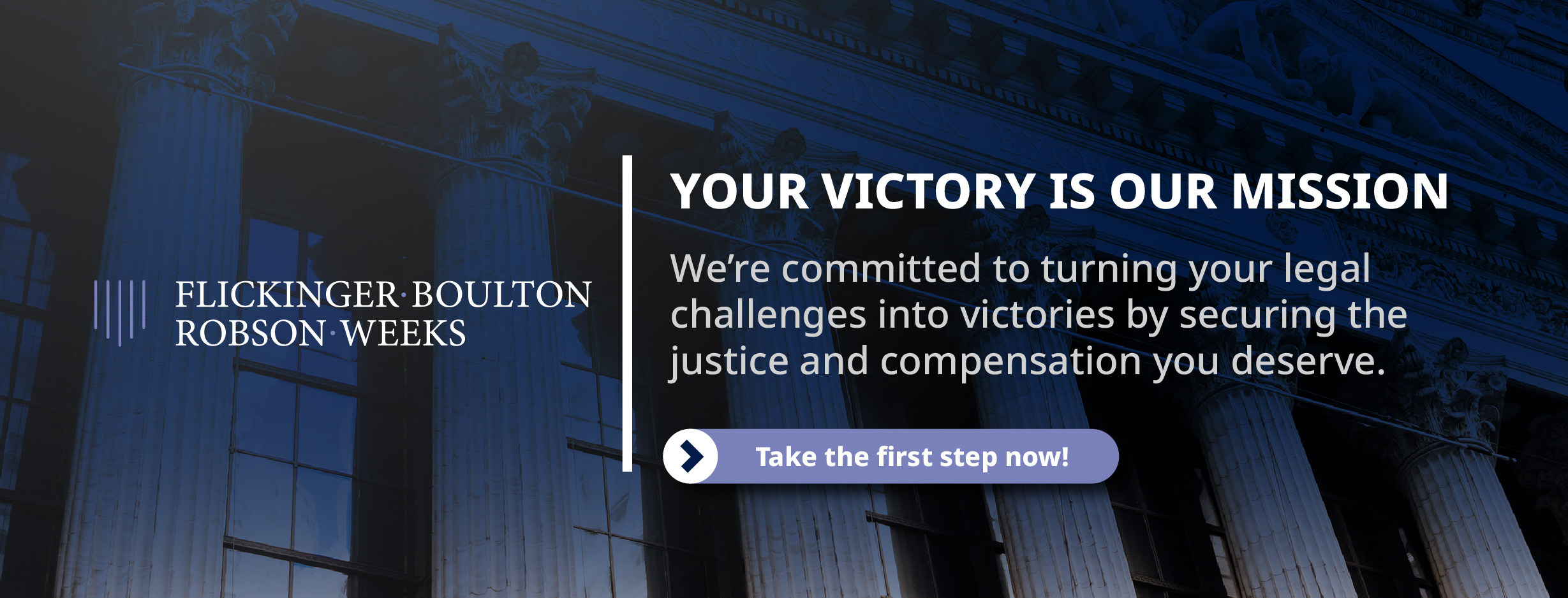
When speaking with insurance adjusters, be cautious about what you say. Keep conversations brief and stick to the facts. Avoid:
Insurance companies typically try to settle claims quickly and for as little money as possible. Before accepting a settlement, consider:
Once you accept a settlement, you waive your right to seek additional compensation, even if new injuries or complications arise later. Consulting with a personal injury attorney before agreeing to a settlement can help ensure you receive fair compensation.
While some minor accidents may be resolved without legal help, hiring a lawyer is crucial if:
An attorney can negotiate with insurance companies, gather evidence to strengthen your claim, and, if necessary, take your case to court to fight for the compensation you deserve.
Dealing with insurance companies after a car accident can be difficult, especially when they prioritize minimizing payouts over fairly compensating victims.
By understanding their tactics, knowing what to say, and seeking legal representation when needed, you can protect your rights and improve your chances of receiving full compensation for your losses. If you’ve been injured in a car accident, consulting with an experienced attorney can help ensure you get the justice and financial recovery you deserve.
A car accident can be a traumatic and overwhelming experience, but taking the right steps immediately afterward can help protect your health, legal rights, and ability to recover compensation. Whether you are dealing with minor injuries or a serious crash, following these steps will ensure you handle the situation properly and strengthen your potential injury claim.
If you have been involved in a car accident in Utah, taking the following steps can help strengthen your case and protect your legal rights:
The first priority after any accident is safety. Check yourself and others for injuries. If anyone is seriously hurt, call 911 immediately and request emergency medical assistance.
Even if you feel fine, it’s important to seek medical attention, as some injuries, such as whiplash or internal trauma, may not show symptoms right away.
If the accident is minor and there are no severe injuries, move your vehicle to the side of the road or a safe area to avoid blocking traffic. However, if the crash is more serious or if there are injuries, stay put and wait for emergency responders.
Utah law requires drivers to report accidents that result in injuries, fatalities, or significant property damage. When the police arrive:
If law enforcement does not come to the scene, you should report the accident to the Utah Highway Patrol or local police department as soon as possible.
Gather contact and insurance details from all involved parties. Be sure to collect:
If there are witnesses, get their contact information as well, as their statements may help establish fault later.
Gathering evidence at the accident scene can strengthen your claim. Use your phone to:
The more evidence you collect, the better you can prove what happened if liability is disputed.
Report the accident to your insurance provider as soon as possible. Stick to the facts and avoid making statements that could be used against you, such as admitting fault or downplaying injuries. If the other driver’s insurance company contacts you, be cautious.
Do not agree to a recorded statement or accept an early settlement offer without consulting a lawyer.
If you’ve been injured or if there are liability disputes, seeking legal guidance is crucial. A personal injury attorney can:
Handle insurance negotiations to ensure fair compensation.
Gather evidence to support your claim.
Represent you if a lawsuit becomes necessary.
Taking the right steps immediately after a car accident in Utah can protect your health, finances, and legal rights. By staying calm, gathering evidence, and seeking medical and legal help, you improve your chances of receiving the compensation you deserve.
If you’ve been injured in an accident, contacting an experienced attorney can help you navigate the claims process and fight for your recovery.
Victims of Utah car accidents may be entitled to different types of compensation, including:
A Utah car accident lawyer will fight to ensure you receive the full compensation you deserve.
At Flickinger Boulton Robson Weeks, we know that building a strong car accident case requires thorough investigation, compelling evidence, and skilled legal strategy. Insurance companies often try to minimize payouts, which is why we take every step necessary to prove liability, document damages, and fight for the maximum compensation our clients deserve.
Here’s how our team of auto accident lawyers builds a solid case for every car accident victim we represent.
A successful car accident claim begins with a detailed investigation into what happened. Our legal team gathers critical evidence, including:
We work quickly to collect and preserve this evidence before it is lost or altered.
To ensure our clients receive full compensation, we thoroughly document the extent of their injuries and financial losses. This includes:
By presenting detailed documentation, we strengthen the claim and counter any attempts by insurance companies to undervalue our client’s losses.
Utah follows a modified comparative fault rule, meaning accident victims can only recover damages if they are less than 50% at fault. To establish the other party’s liability, we:
Insurance adjusters often try to settle claims for less than they are worth. Our attorneys use solid evidence and skilled negotiation tactics to fight for fair compensation. If the insurer refuses to offer a reasonable settlement, we are fully prepared to take the case to trial.
At Flickinger Boulton Robson Weeks, we build strong car accident cases by conducting thorough investigations, gathering crucial evidence, and aggressively negotiating with insurance companies. Our goal is to maximize compensation for our clients and ensure they receive the justice they deserve.

Due to the high number of cars on the road, these types of accidents happen frequently. The aftermath of a car accident is often expensive. Our attorneys can help you pursue damages from either a negligent or drunk driver, or your insurance company.
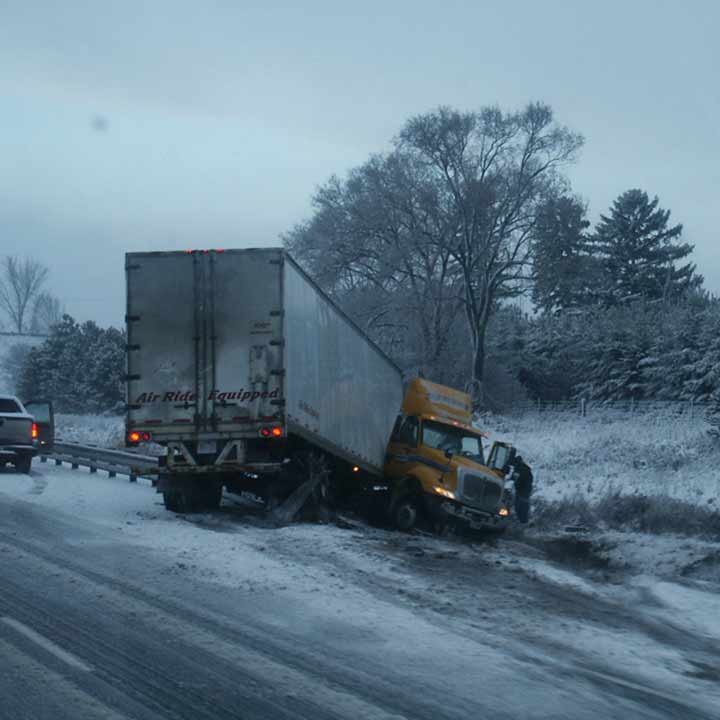
The massive size and weight of semi trucks means there is a much greater risk of life-changing or fatal injuries. Our attorneys can help you navigate the complex causes and liability issues associated with truck accidents to ensure you receive what you deserve.
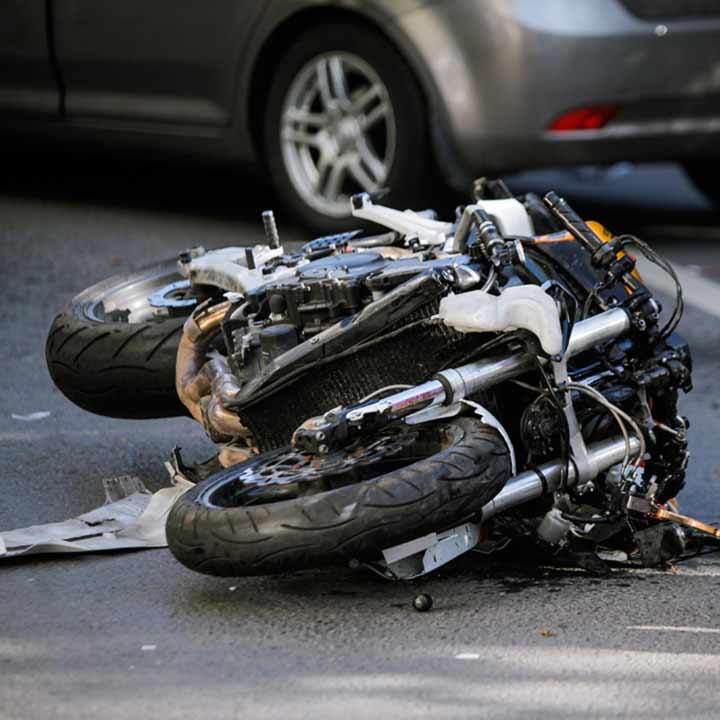
An accident on a motorcycle can result in catastrophic, life-altering injuries for motorcyclists. Since PIP is not available for recreational vehicles, legal claims are often the only source of compensation for motorcyclists injured in an accident.
If you are hit by a driver who does not have insurance or does not have enough coverage to pay for your damages, you may still have options for compensation. Utah requires insurance companies to offer Uninsured/Underinsured Motorist coverage, which can help cover medical bills and other expenses. If you opted out of this coverage, you may need to file a personal injury lawsuit against the at-fault driver. However, recovering compensation from an uninsured driver can be challenging.
Yes. Under Utah’s modified comparative fault rule, you can still recover damages as long as you are less than 50% at fault for the accident. However, your compensation will be reduced based on your percentage of fault.
If the at-fault driver fled the scene, you should immediately report the accident to law enforcement. If the driver is not located, you may still have options for recovering compensation through your Uninsured Motorist coverage or other policy benefits. A personal injury attorney can help investigate and explore all possible avenues for compensation.
Yes. Some injuries, like whiplash, internal bleeding, or concussions, may not show symptoms right away. Seeing a doctor immediately after an accident ensures that any hidden injuries are diagnosed early, strengthening your injury claim. Delaying medical treatment can allow insurance companies to argue that your injuries are not accident-related.
Car accidents involving commercial vehicles, delivery trucks, or rideshare drivers can be particularly complex in Utah due to the involvement of multiple parties. For example, if a delivery truck driver for a national shipping company causes a crash on I-15 near Salt Lake City, liability may not rest solely on the driver. The trucking company could be held responsible if the driver was fatigued due to an unreasonable delivery schedule, or a third-party maintenance provider might be liable if faulty brakes contributed to the accident.
Determining fault in these cases requires a thorough investigation to ensure all responsible parties are held accountable. They often require in-depth investigations, and working with a lawyer can help identify all responsible parties and maximize your compensation.
Car accidents in Utah can raise many legal questions, and the answers often depend on the specific circumstances of each case. If you’ve been injured in an accident and need legal guidance, Flickinger Boulton Robson Weeks is here to help.
Even if the accident is minor, you should stop and move vehicles out of traffic. DO NOT LEAVE THE SCENE until you speak with others involved.
If you suspect someone is injured, call an ambulance. You should also call the police, even for a minor accident.
Gather CONTACT AND INSURANCE INFO from the other individuals involved in the accident. If possible, get the contact info for eyewitnesses, as well.
If it is safe to do so, TAKE PICTURES OF ALL VEHICLES INVOLVED and the accident scene. These photos can be used as evidence later.
While you should be polite, DO NOT APOLOGIZE or tell anyone it was your fault, even if you think it was. A casual apology can be seen as an admission of guilt.
DO NOT SIGN ANYTHING without discussing your case with an attorney first. Our team can protect your rights and ensure you receive a fair settlement.
Bicycle Accidents
Motorcycle Accidents
Boating Accidents
Recreational Vehicle Accidents
Bus and Mass Transit Accidents
Pedestrian Accidents
Automobile Accidents
ATV or UTV Rollovers
Commercial Vehicle Accidents
Semi Truck and Trailer Accidents
Passengers in a vehicle often sustain serious injuries in an auto accident. However, figuring out how to receive proper coverage can be difficult as the passenger.
In many cases, the driver is a family member or friend. You may hesitate to file a claim because you do not want to offend or cause trouble.
If you were injured as the passenger of a vehicle, you do not have to sue the driver, though you may have the right. You can file a claim under their insurance or the insurance of another driver involved in the accident.
At Flickinger • Boulton • Robson • Weeks, we are dedicated to helping injured individuals receive the compensation they deserve. We can help you understand your rights and determine the right course of action for your unique situation.
UTAH INJURY LAWYERS
Flickinger • Boulton
• Robson • Weeks
PROVO OFFICE
3000 N University Ave
Suite 300
Provo, UT 84604
SOUTH JORDAN OFFICE
10393 S. Temple Dr.
Suite 103
South Jordan, Utah 84095
OFFICE HOURS
Monday- Friday: 8AM-5PM
Saturday-Sunday: Closed
*Disclaimer: the information provided by this website is for informational purposes only and should not be considered legal advice or a substitute for competent legal counsel.
**SMS consent and contact phone numbers will not be shared or sold to third parties or their affiliates for any purpose.
© 2025 All Rights Reserved.